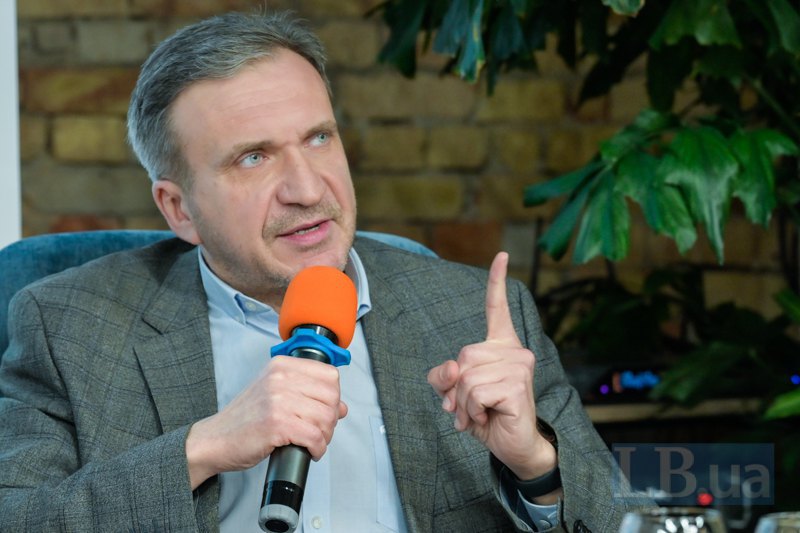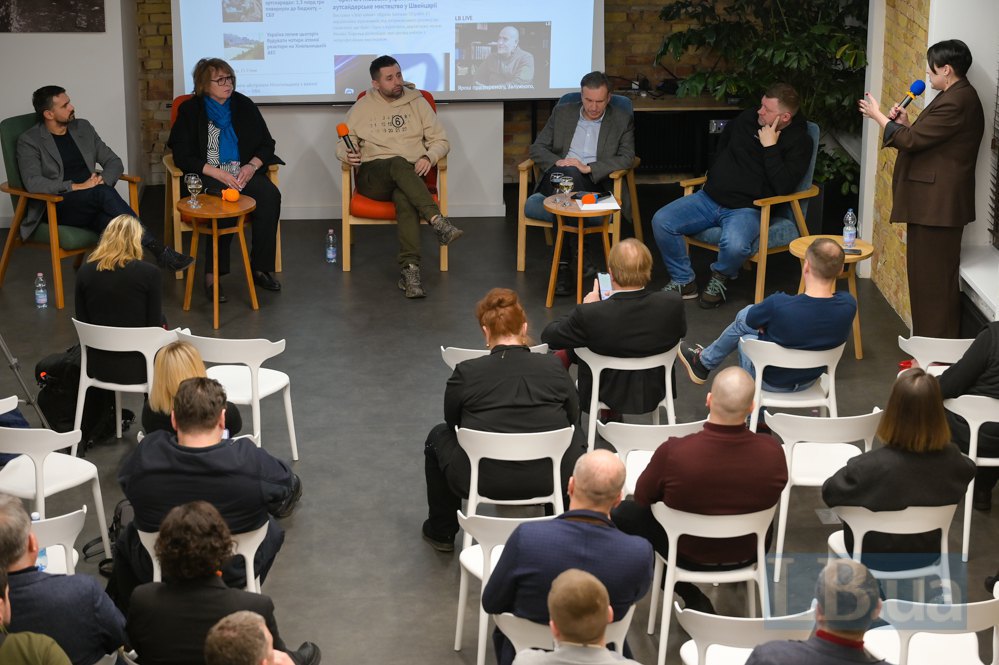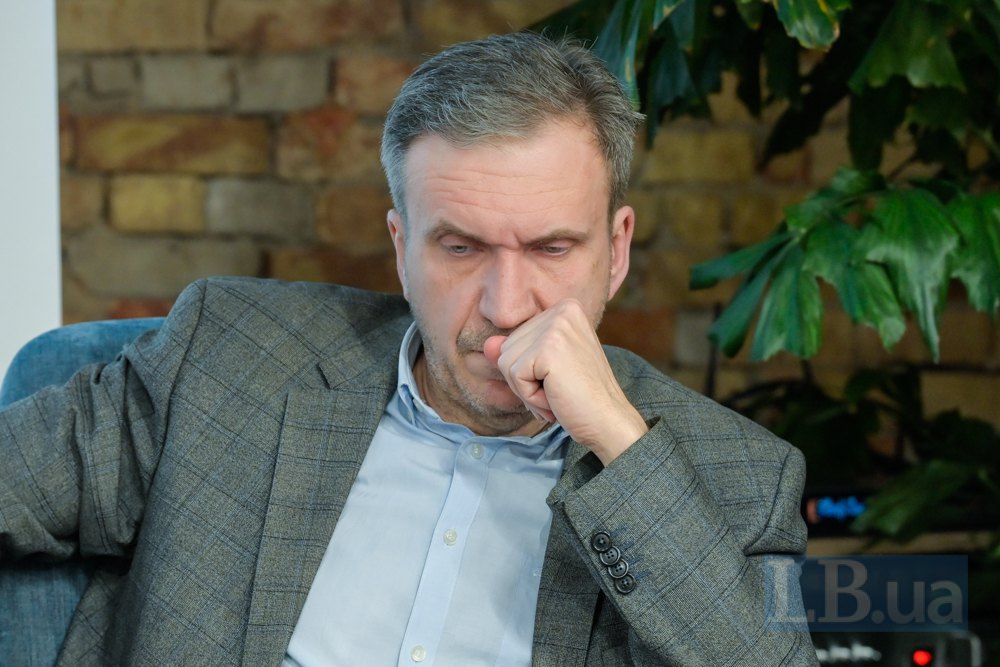
"According to the IMF's forecast for 2024, the Ukrainian economy is expected to grow at 4%. This is even lower than in 2023, when it was 5%. A little bit of basic arithmetic: we fell by 30% in 2022. It will take more than six years just to recover to the level of 2021, with even 5% growth. Just to recover to the level of 2021. I would really like us to exceed the IMF's forecast. But we also need to understand that after a 30% drop, a 5% rebound is very weak," Sheremeta argued.
Both a negative labour market and zero capital are not conducive to growth, he said. However, there is a neoclassical driver. It allows you to find a positive in the economic gap - an internal resource.
"Ukraine has a great internal resource. We can see it in the streets of Kyiv. We see it in Rynok Square in Lviv, in the central squares of other western Ukrainian cities. We see quite a lot of consumption, which means that there is money in the country.
When we talk about mobilising people, we should also talk about mobilising money. The instrument of such mobilisation is savings. There is very little talk about this in Ukraine. And when we look at pre-war statistics, savings and domestic investment in the country were fatally low. It was 12-13%, while the normal level in the world is 25%. For a country like Ukraine, it should be 30%," Sheremeta said.
In China, he added, the savings rate reaches 42-45%.
"Ukrainians are not saving enough. Why? What do people save for in the world? For their retirement. Ukrainians do not save for retirement because they expect a pension from the state. That's still the case. It is a matter of culture and understanding that the state does not owe you a pension if you have worked in the private sector all your life. The role of the state is to maintain macro-financial stabilisation. We have been doing that for the last year," the economist said.
In his opinion, in 2024, pension, education, and healthcare reforms should be launched to encourage domestic savings.
"We need to teach the country to pay for it. At least in 2024, we need to start doing this. There is a good phrase in English: 'Never waste a good crisis as an opportunity for reform'. Of course, there has to be liberalisation somewhere, but there are two problems here. As a person who has negotiated with the IMF, I can say that Ukraine is best at reforms when there is no money. Now we still have money. That's why we see what we see," the former minister said.
According to Sheremeta, international donors have provided Ukraine with assistance equal to our GDP.
"I find it hard to believe. Have you noticed that we have stopped talking about the Marshall Plan? It is better not to mention it. Do you know why? Because the Marshall Plan for the beneficiary countries provided for assistance at the level of 2.8% of GDP. On average. Even for smaller economies like Greece and Austria, it was 8%. We are now talking about 100% of our GDP, if we take all the aid in full. We should be grateful. We are grateful. We need to keep pushing for more aid, and we are doing that. Honour and praise to our diplomats and the country's leadership in this case as well," said the founder of Kyiv Mohyla Business School.
But the addiction to international aid is worrying, the economist argued, because partners are no longer able to maintain it at this level, and eventually it will disappear altogether.

"For us, it will be like the five stages of grief acceptance: denial, anger, depression, negotiation and then acceptance. We are at the stage of denial, as the sociology of Ms Libanova suggests," the former minister said.
"Maybe it's good that this help is at least a little late. I am glad to see that the reaction of the country's leadership to Ihor Mazepa's case is as it was. At least it was quick, at least it looked constructive. Because investment bankers, and I'm not talking about Ihor himself, but about the fact that raising money - and this is recognised in the West - works much better than the state pouring money into the state.
In other words, private businesses that raise funds from private sources in the West or in the East do better. Because they count every penny, every cent, and they know where the money will go. And this channel should be used.
But when the state is flooded with money from other states, then there is no point in playing with this banker, we still have money flowing," Sheremeta added.
And another much-needed norm is to optimise costs and reduce them to the required level, he said.
"The Ministry of Education is currently trying to optimise spending on state universities by merging them. And as far as I know, nothing has been merged yet, although, in principle, the conversation has been going on for almost a year. And judging by the way Lisovyy and Vynnytskyy are being beaten now, I understand that the battle will be fierce... I did not even expect that this mafia has such a resource, including communication," Sheremeta said.

In his opinion, there will be a positive scenario if decisions on deregulation, liberalisation, and business stimulation are made.
"Current estimates say that this is 85% of economic growth. This means that we can be less dependent on foreign aid and other classical factors. If we spin the wheel of entrepreneurship, innovation, and productivity growth, this is the way to pull the country out of its current state," he suggested.








